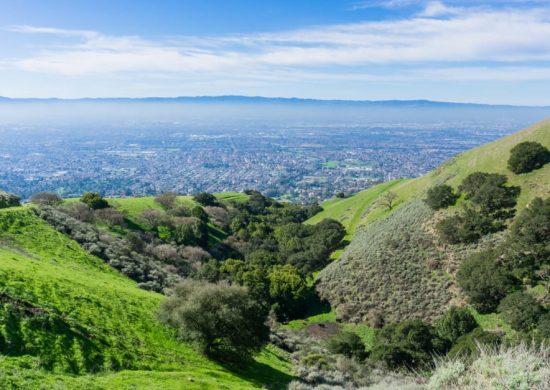In November I wrote about a new initiative launched by the Pisces Foundation and Intel Corporation to help empower citizens protect their water through information gained with the use of low-cost monitoring equipment.
Clean water is essential for the health of humans, plants, animals and our economy. Understanding the condition of local watersheds is a critical first step on the path to safeguarding clean water supplies. However, monitoring is expensive and government support is inadequate and diminishing over time.
There are volunteer water quality programs in every state in the U.S. Some volunteers accomplish amazing things — not only monitoring water quality, but also cleaning up pollution sources. Santa Barbara Channelkeeper’s Stream Team program is an example where the Team worked with government agencies to develop cleanup plans for 16 polluted streams.
Yet, most of the volunteer monitoring programs are also under-funded and often produce results that cannot be easily shared or used by others. Technology can bring down the cost, improve the accuracy, and facilitate data analysis and transparency.
The Intel Corporation has dedicated a highly capable team of advisors to work with Burke Environmental Associates in developing, distributing and analyzing the low-cost water quality monitoring survey. The survey will assist government, nonprofits, foundations, and the private sector to understand the gap between the monitoring, reporting, and information sharing technologies that nonprofit and volunteer water quality monitors currently deploy and what could be available to those without large monitoring budgets to use in accomplishing their environmental and public health objectives
A Steering Committee, comprised of an outstanding group of experts from across the country, has already convened twice to provide initial advice to help ensure the viability and utility of the survey. Selected from public, private, non-profit and academic sectors based on their innovative work in areas including water quality monitoring, information sharing technology and capacity building, their assistance will provide valuable guidance for the project. A list of the Steering Committee organizations is below.
We look forward to a spring launch of the survey. If you would like more information or have ideas about individuals or groups who might like to participate in the survey, please contact Verna Harrison Associates, LLC vharrison@vernaharrison.com For information on the technical components, contact burke.davidg@comcast.net.
Steering Committee Organizations
- Water Environment Research Federation
- Imagine H2O
- Public Lab
- Freshwater Trust
- Chesapeake Commons – National Wildlife Federation
- Chesapeake Conservancy
- UMCES Alliance for Coastal Technologies
- River Network
- Stroud Research Center
- Association of Clean Water Administrators
- Earth Force
- WaterKeeper Alliance



